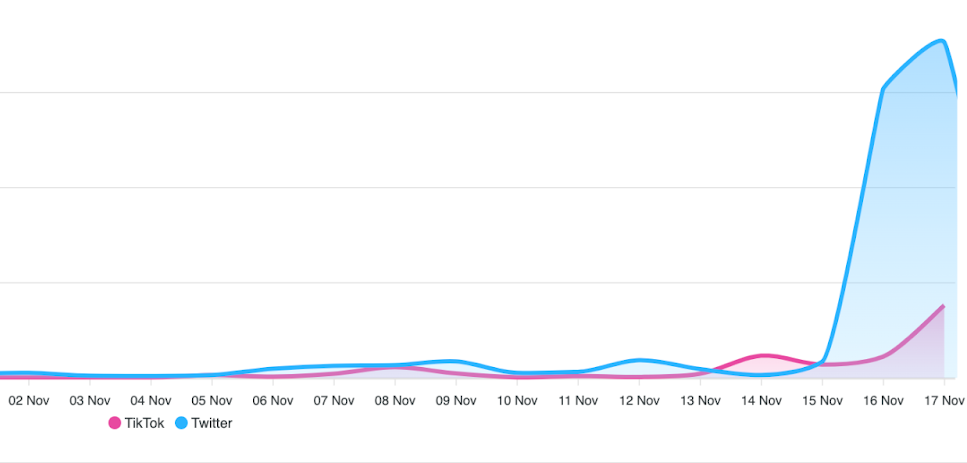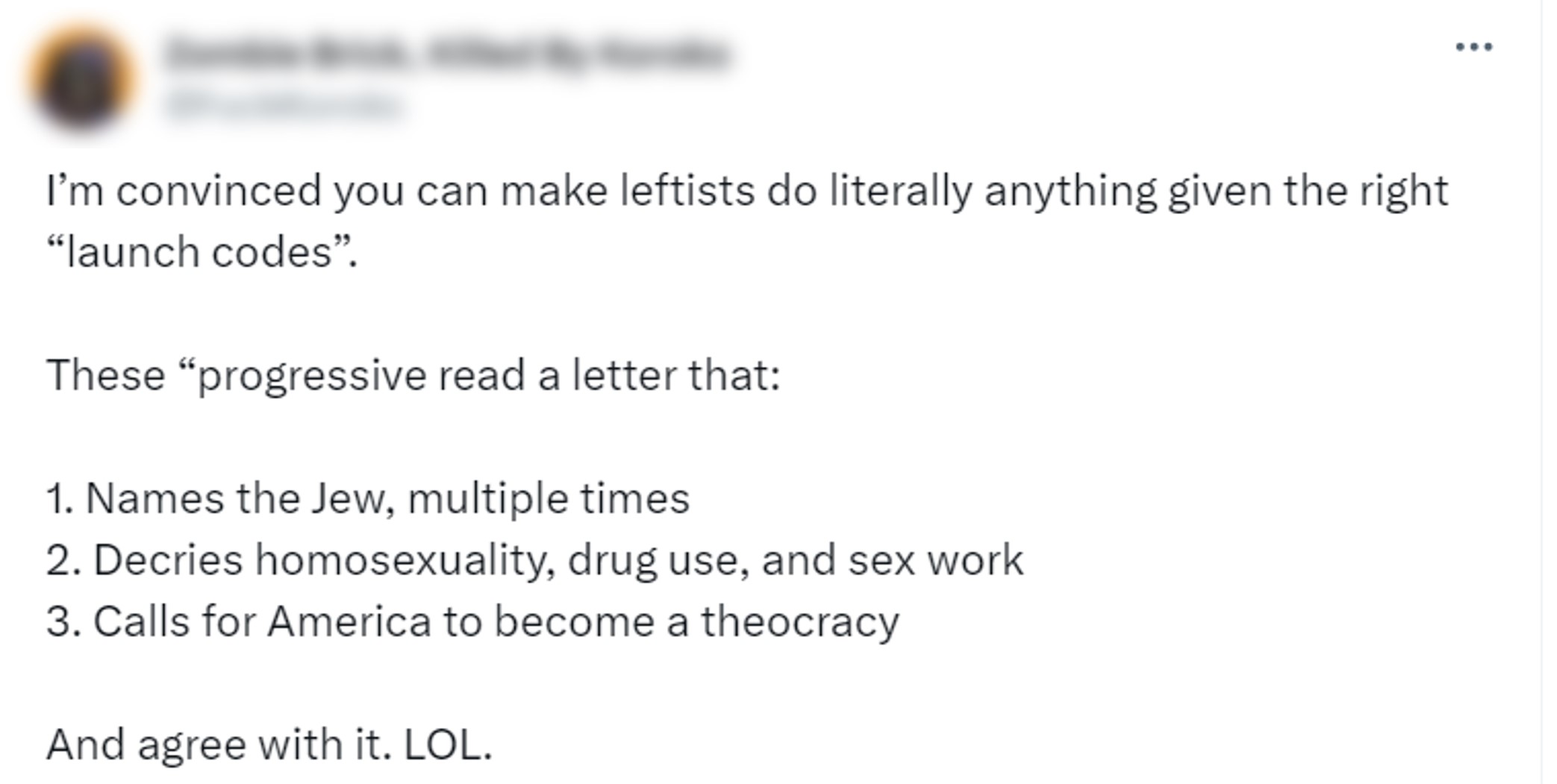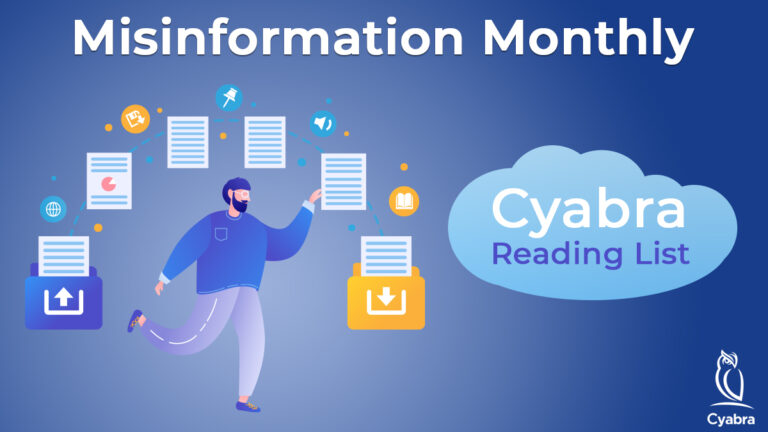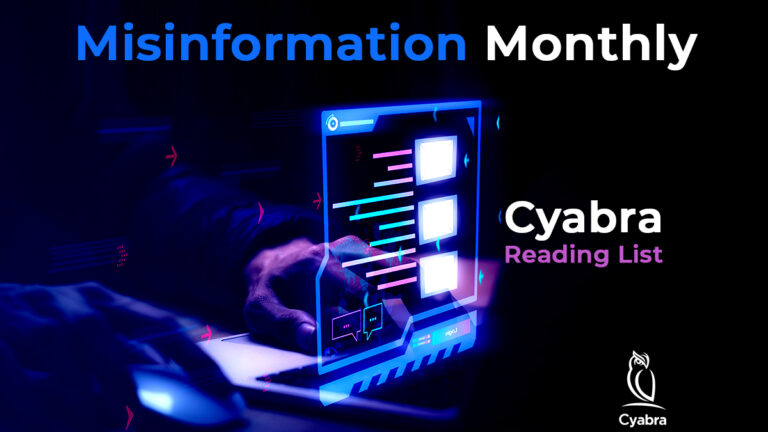The Beginning of the Trend – and the Forced Ending
It’s been over two decades since Osama bin Laden, the Al-Qaeda leader responsible for 9/11, delivered his “Letter to America” manifest, trying to justify the worst terrorist attack in human history.
The Hashtag #LettertoAmerica, however, started trending mid-November 2023, when a few TikTokers read the translated letter on The Guardian (where it was first posted in 2002). The TikTok creators then posted videos of themselves, linking the decades-old letter to the current Israel-Hamas war. In their videos, they called the letter “eye-opening”, criticized American foreign policy, and expressed guilt for being part of what they now saw as a “dark history”.
Cyabra scanned the hashtag #LettertoAmerica, as well as phrases like “Osama was right”, “Letter to America”, “Osama Bin Laden”, “Bin Laden was Right”, on TikTok, X, and Facebook.
On November 14, the number of TikTok videos featuring these phrases grew by 438.46% in one day. The hashtag initially reached 2 million views On TikTok, but then continued spreading to other social media platforms. On X, content surged between November 15 to 17, growing by 1976.47%: from 51 posts on November 15, to 1059 on November 17.

The Guardian removed the letter from the website on November 15, but by then, the hashtag already achieved huge virality. Hundreds of new TikTok videos about this topic gained more than 15 million views. Journalist Yashar Ali’s compilation of TikTok videos, posted on X on November 16, reached millions of views in one day (Now, a week later, the post has over 42 million views, in addition to 14,000 reposts and 26,000 likes).
On November 17, TikTok announced a ban on the hashtag and dozens of similar variations. At the time this post was published, none of the other platforms had taken similar steps.
The Fake, the Real, and the Coordinated Campaigns
While conversations on TikTok and Facebook featured a low to average number of fake profiles (3%-6%), on X, 15% of the profiles that mentioned #LettertoAmerica or other related topics were inauthentic accounts.
Here are some examples of fake profiles that gained huge exposure:



A fake campaign led by fake profiles can easily trend on text-based or even image-based platforms, like X, Facebook or Instagram. This kind of content is easy to generate by AI, which means fake profiles can lead the conversation – at least until it starts trending with authentic profiles.
However, video-based platforms like TikTok prove to be more of a challenge for bad actors. There are only two methods available for a fake campaign to start on TikTok:
- Creating a fake campaign around real profiles with similar agendas: engage with real profiles’ content, promote and share them, and never actually post original content.
- Investing time, effort, and money in creating fake video content, using Deepfakes or even actors.
This fake campaign didn’t start on TikTok – the fake bot network waited for the hashtag to reach X, where they could latch onto it, but still gain control of their message and spread their propaganda more effectively. By the time TikTok deleted the offensive hashtags, it was too late. This story was alive cross-platform, spreading to tens of millions of eyes. This case shows how bad actors using bot networks can latch onto any topic, and promote it to support their agenda. If you’d like to learn more about identifying fake campaigns, bot networks, and trending topics with dangerous potential, contact Cyabra. As always, we recommend using our free-to-use tool, botbusters.ai, to detect GenAI text and images, and to identify fake profiles.


